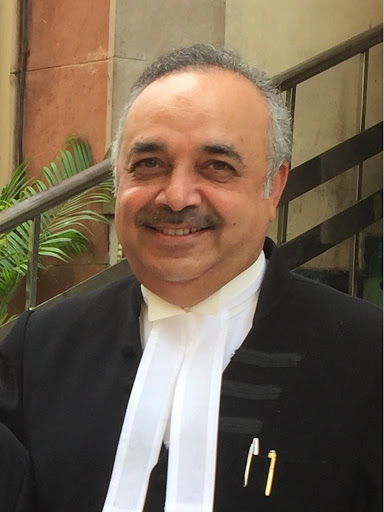In a landmark judgment, the Delhi High Court, has ruled that the Central Government can direct Medical Council of India (MCI) in respect of, inter alia, matters pertaining to enhancement of MBBS seats in medical colleges.
Under Section 10A of the Medical Council of India Act 1956, the powers/functions of MCI and the Central Government have been defined but, in some cases, the MCI and the Central Government have been taking different/opposing stands and because of which, there had been spurt of litigation in various courts in India.
In the case of Chettinad Hospital and Research Institute vs. Union of India & Ors., in Delhi High Court, Justice Rekha Palli has ruled, that since, the Central Government is the final authority for granting pemissions, etc. under the MCI Act 1956, therefore, it has got the power to give directions to the MCI. Not only this, the court has held the conduct of the MCI as an example of “red tapism”, “callous”, etc.
Chettinad Hospital and Research Institute had applied for increase of MBBS seats from 150 to 250 seats. MCI, without affording opportunity required under the MCI Act recommended rejection of the scheme of the institute, however, after examining the application the Central Government disagreed with MCI and directed MCI to process the application. In spite of the Central Government’s directive, MCI again recommended the rejection of the application; therefore, the institute approached the Delhi High Court.
Mr. Arun Bhardwaj, Senior Advocate, appearing for the institute raised several important legal arguments, including the powers of the Central Government vis a vis the powers of MCI under provisions of the MCI Act 1956. It was contended that there is requirement of medical seats in India and the conduct of MCI is contrary to the law settled by the Supreme Court.
In view of the importance of the matter, the Delhi High Court called upon the Additional Solicitor General to appear. Ms. Maninder Acharya ASG, appeared on behalf of the Central Government and stated that the Central Government has got powers under Section 10A to give directions to the MCI and the conduct of MCI is a glaring example of “red tapism”.
For the MCI, Mr. Vikas Singh, Senior Advocate appeared and opposed the submissions of Mr. Arun Bhardwaj and Ms. Maninder Acharya ASG. While delivering the landmark judgment, the Delhi High Court has settled the law that since the Central Government is the final authority, therefore, under Section 10A of MCI Act, the Central Government can give directions to MCI. This judgment has far reaching consequences and is expected that the delays in respect of setting up of medical colleges, courses, increasing the number of seats, etc. would come to an end.
Writer: Dr Rahul Misra, Associate Editor Opinion Express Group








 OpinionExpress.In
OpinionExpress.In















Comments (0)